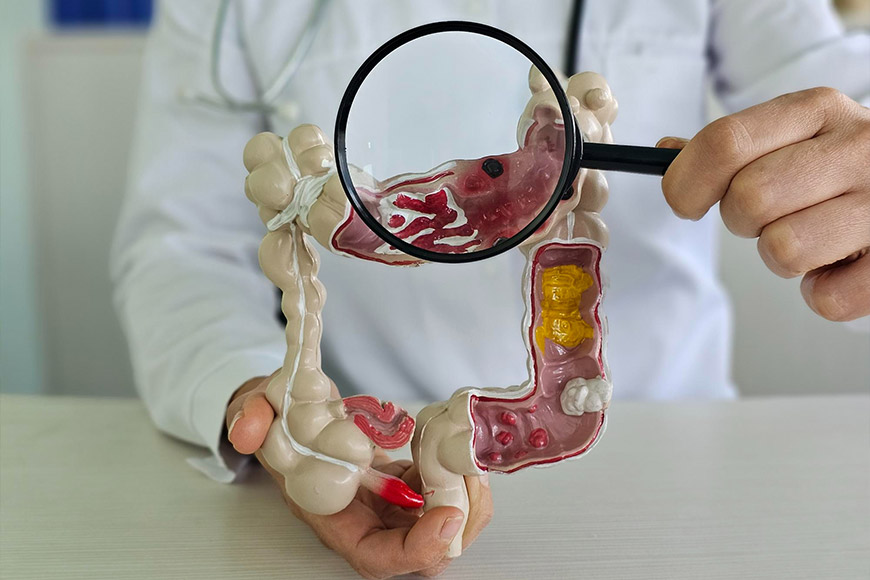
Gastroenterology and Hepatology
Gastroenterology and Hepatology, Belgrade. TOP PRICE✓ Ultrasound, gastroscopy, MSCT colonography✓ Diagnostics and treatment of liver, pancreas and gallbladder diseases✓
Gastroenterology and Hepatology
When we say gastroenterology, we mean the digestive system. These organs include the stomach, esophagus, large and small intestines, liver, pancreas, spleen and gall bladder. In order for us to function, when we drink or eat something, these organs will process the ingested liquid or food.
In order to digest food in the stomach, this organ produces about two liters of hydrochloric or gastric acid every day. However, the most important processes take place in the small intestine, so almost 90% of nutrients are absorbed there. All of this happens thanks to enzymes, and it is an interesting fact that the small intestine is about seven meters long, and in women it is twenty centimeters longer than in men.
If we were to look at the statistics, we would see that in the whole world, about forty percent of people have some form of functional disorder of the digestive organs. There are lighter and more severe forms, where the simpler ones are diarrhea or diarrhea, constipation or constipation, celiac disease... More serious disorders include Crohn's disease, liver diseases such as cirrhosis, fatty liver, hepatitis; duodenal ulcer, stomach ulcer; gallstones, biliary tract diseases; ulcerative colitis, irritable bowel syndrome...
In order to know the condition of your gastrointestinal tract, it is necessary to perform a detailed diagnosis. The most modern methods and modern diagnostic procedures are applied. Likewise, the treatment is accompanied by a team of gastroenterologists, and ultrasound and endoscopic diagnostics are performed. We can mention gastroscopy, MSCT colonography.
There are modern methods of removing stones from the bile ducts, their treatment, as well as diagnosis and treatment of the main pancreatic duct, cleaning of the bile ducts, as well as pancreatic ducts.
Hepatology is a branch of medicine that deals with the treatment of the liver, gallbladder, pancreas, and bile ducts. The tasks of hepatology are also the prevention, study and diagnosis of diseases related to the mentioned organs.
Hepatologists are actually gastroenterologists who have experience in the field of hepatology. A hepatologist is also responsible for liver transplantation.
It is known that the liver suffers from the excessive use of alcohol, so a hepatologist treats disorders caused by this cause, as well as viral hepatitis.
Other diseases that are under the supervision of the aforementioned specialists are cytomegalovirus, hepatitis A, B, C, E, Ejstan-Barvo virus, rubella and yellow fever, fatty liver, metabolic syndrome, non-alcoholic and alcoholic steatohepatitis, chronic viral hepatitis, cirrhosis of the liver... Other diseases they can be excessive intake of drugs, hepatic cysts, jaundice, liver cancer, genetic and metabolic liver diseases, etc.
The question arises, when should a general practitioner refer a patient to a hepatologist? The most common cases are when a person takes too many medicines, when he has gastrointestinal bleeding, jaundice or some other anomalies, which are shown by taking blood from a vein.
For the treatment of diseases followed by hepatology, there are various procedures, and some of them are: endoscopic retrograde cholangiopancreatography, transungular interhepatic protosystemic shunt, percutaneous transhepatic cholangiography.
With us, the most modern methods of diagnosing the disease, monitoring the course of treatment, including additional and supplementary diagnostics if necessary, are available, while the therapy can be outpatient, or it is possible to apply it in hospital conditions. We emphasize that we follow the patient carefully and attentively from the first examination, until the final recovery, interruption of therapy or leaving the hospital.